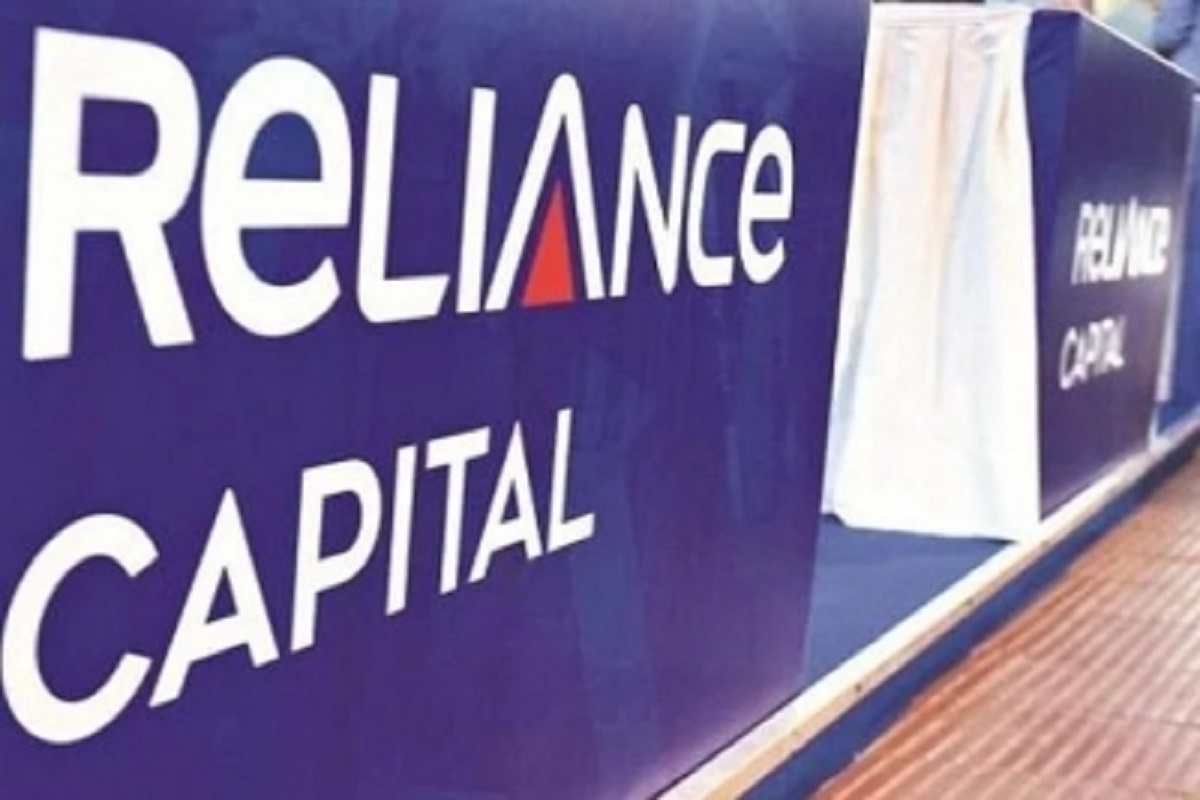The Committee of Creditors (COC) of Reliance Capital, which met on Friday to decide on the Challenge Mechanism process, remained divided and undecided on the modalities of the proposed process to be adopted in the bidding process.
The COC failed to arrive at a decision on how the Challenge Mechanism process shall work. Instead, the Committee recommended the Black Box approach, which means that the modalities of the Challenge Mechanism process will be decided by the COC, and not communicated to the bidders right now. It will be communicated to them at a later date.
Advertisement
This also means that the bidders will have to submit their Resolution Plan with complete uncertainty on how this process will work and impact the bidding process, after the submission of their binding bids.
According to a bidder, the uncertainty on the Challenge Mechanism is likely to lead to a depressed valuation. As it is, bidders are not happy with the insertion of this clause at an advanced stage of the bidding process.
It was decided in Friday’s meeting that all the bidders while submitting their resolution plan, will be required to give written consent that they will agree to and participate in the Challenge Mechanism, in whatever form it is implemented by the lenders at the later stage.
Though In the meeting, the COC adviser KPMG strongly supported an ascending e-auction process as has been recently done by the government in the 5G auction, but the lenders failed to reach a consensus.
Notably, KPMG, who is the COC advisor, and Luthra & Luthra, who is the legal advisor to the COC had proposed multiple options for the Challenge Mechanism:
Option 1 is the Swiss Challenge Process where the highest bidder will be declared as an Anchor Bidder, and will be offered the Right of First Refusal (RoFR) and the other bidders under option 1 for RCap CIC can participate.
Option 2 is a bilateral negotiation by the CoC with each bidder.
Option 3 is an electronic auction for bidders to participate in, and to declare the highest bidder
Option 4 is a combination of all the above
Sources revealed that the bidders like Piramal, Hinduja, Torrent, Zurich, Oaktree, and Advent had raised a red flag on this clause which was not in the original Request for Resolution Plans (RFRP) document issued to the bidders.
Bidders have argued that there was no such clause in the bidding process of DHFL, which was the largest resolution done through NCLT in the financial services sector, for over Rs 95,000 crore worth of debt.
Bidders have said that the winning bidder was evaluated only on one simple criteria of the Net Present Value (NPV), as per the RFRP of the bid.
Also, in the case of SREI resolution, where binding bids are due by 15 November 2022, neither the COC nor the RBI administrator has tried to experiment with a Challenge Process/Mechanism.
The last date to submit binding bids is November 28.











